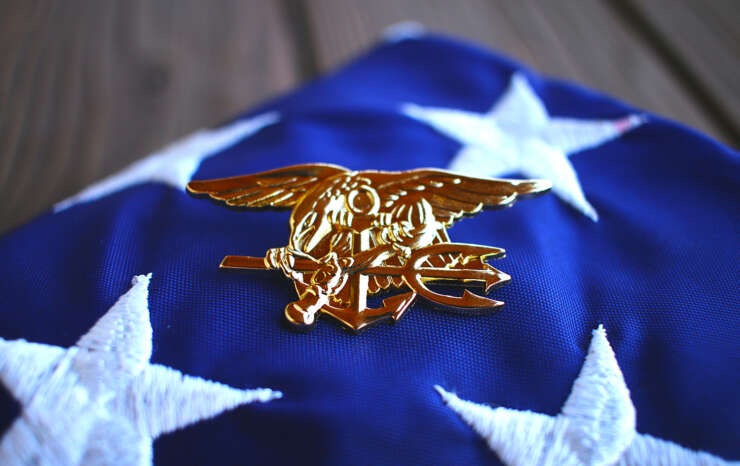The 4 most powerful words a leader can say is: “I messed that up.” I got upset with my kids this week – over some relatively minor things. Honestly, they were just being kids and not paying attention. I overreacted and let the situation get the better of me. Once I took some space, I realized that my attitude and reaction was overbearing. After several minutes I humbly came to them and said, “Hey kids, I just messed up. You didn’t deserve that response and I’m sorry. Will you forgive me?” They instantly said “yes” and gave me a hug, and our day went much better.
This not only applies to our family dynamics, but also to our friends and professional relationships as well. This was such a powerful concept in the SEAL Teams. The Teams is a community where trust is paramount and lives are on the line. Taking ownership for our mistakes as a Navy SEAL, a parent, spouse, friend or leader is not a sign of weakness, but rather a sign of strength. Our humility in being able to admit when we are wrong is a clear sign that our identity is rooted in something much bigger than ourselves.
When we are able to say “I screwed up” we also become less defensive. When we take a step back to assess the situation and realize when we mess up, we tend to not feel as attacked. Hence, we become less defensive. That simple admission of falling short is a demonstration of responsibility, accountability, and leadership. It tells your team that you are aware of your actions and are committed to doing better. This principle of accountability is universal and can be applied in all aspects of our lives, from our personal relationships to our professional endeavors.
Why Is It So Difficult?
Our ego often gets in the way. We fear admitting our faults will make us look weak or diminish our worth in the eyes of others. This is a natural defense mechanism but often a counterproductive one. Holding back an apology can rob us of the chance to make things right and build stronger connections.
Take The Extra Step
Yes, admitting our mistakes is a huge first step, but a full apology concludes with a powerful question: “Will you forgive me?” Asking for forgiveness invites restoration, and healing from the damage that’s been done. Small mistakes or big, when we are able to offer and extend forgiveness it sets us free from our self made prisons of resentment, hate, and bitterness. If the person isn’t able to immediately forgive, that’s OK. Give them time. Your job is to work on regaining their broken trust through your consistent positive behavior.
Offering a Genuine Apology
- Acknowledgment – Accept that you’ve made a mistake.
- Sincerity – Make sure your apology is genuine and not just a tool to smooth over a situation.
- Specificity – Clearly state what you’re sorry for to show that you understand the impact of your actions.
- Forgiveness- ask for forgiveness for how your words or actions effected the other person.
- Remedy – Offer a way to make amends, demonstrating your commitment to learning and growing.
You’d be surprised how much a simple, heartfelt apology can do. It not only heals wounds but often strengthens the bond between people. AND… Take the Initiative. Don’t wait for the other person to reach out, but strive to be the first one to sincerely apologize. Mastering the art of a heartfelt apology is an ongoing journey, but it’s one that offers endless rewards.




